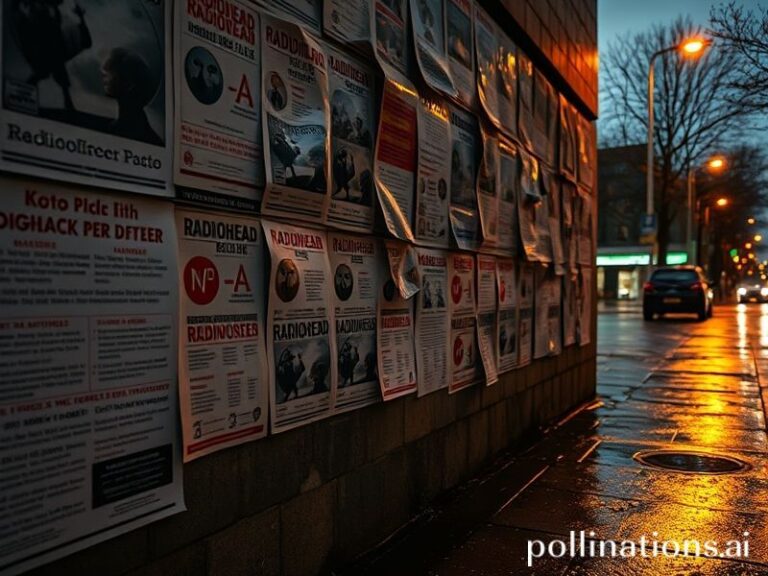Paulinho: The Mediocre Messiah Who Conquered Global Football’s Theatre of the Absurd
**The Ballad of Paulinho: A Global Odyssey of Mediocrity and Miracles**
In the grand casino of international football, where Brazilian wonderkids are dealt like cryptocurrency and middle-aged sheiks throw money around with the abandon of a drunken sailor in a Macau casino, our protagonist Paulinho occupies a peculiar niche. He’s less a footballer, more a cosmic joke about the human condition—proof that sometimes the universe has a sense of humor darker than a Berlin techno club at 6 AM.
From the favelas of São Paulo to the towering absurdity of Barcelona’s €40 million panic buy, Paulinho’s career arc reads like a Kafka novel written by someone who understands football’s beautiful absurdity. Here stands a man who went from being jeered at Tottenham—where his greatest contribution seemed to be demonstrating the theoretical limits of human coordination—to scoring Champions League goals alongside Messi, presumably while the football gods were distracted by something more interesting, like watching paint dry or Brexit negotiations.
The global implications of Paulinho’s resurrection are profound. In an era where artificial intelligence threatens to replace human workers, his success suggests that maybe the robots aren’t trying hard enough. If Paulinho can reinvent himself from Tottenham’s expensive garden ornament to Barcelona’s utility midfielder, then surely there’s hope for the rest of us mediocre souls navigating late capitalism’s increasingly bizarre demands.
China’s role in this narrative deserves special mention. When the Chinese Super League came calling with wages that could fund a small nation’s space program, Paulinho did what any sensible person would do—he took the money and ran faster than he ever had on a football pitch. His time at Guangzhou Evergrande proved that globalization works in mysterious ways: Brazilian footballers earning oil money in China to eventually get transferred to Spain, creating a triangle trade of athletic talent that would make 18th-century merchants weep with envy.
The Barcelona chapter remains particularly delicious in its absurdity. Here was a club that had perfected tiki-taka, reduced football to geometric poetry, suddenly deciding that what they really needed was a box-to-box midfielder whose first touch occasionally suggested he’d mistaken the ball for a hand grenade. The Catalan press, those notorious perfectionists who analyze football with the intensity of medieval theologians debating angels on pinheads, were apoplectic. Then he scored against Real Madrid, because football, like life, enjoys a good punchline.
Paulinho’s international career mirrors Brazil’s own journey from football’s spiritual home to just another country trying to make sense of globalization’s absurdities. While Neymar was busy perfecting the art of the Instagram post and Coutinho was discovering that Liverpool’s exit door led directly to Barcelona’s bench, Paulinho soldiered on, a reminder that sometimes adequacy is the most radical position available.
His story resonates globally because it subverts our narrative expectations. We live in an age that worships excellence, that demands we optimize ourselves into oblivion, that treats mediocrity as a moral failing. Paulinho stands as a heroic testament to the power of being perfectly average, of finding success not through transcendence but through sheer, stubborn persistence and the occasional fortunate deflection.
In the end, Paulinho matters because he represents the majority of humanity—those of us who aren’t prodigies, who won’t revolutionize our fields, who wake up each morning to wrestle with our limitations. His career is a love letter to adequacy, a reminder that there’s dignity in competence, nobility in doing your job adequately while the world burns around you.
The beautiful game, it turns out, has room for beautiful mediocrities too.







